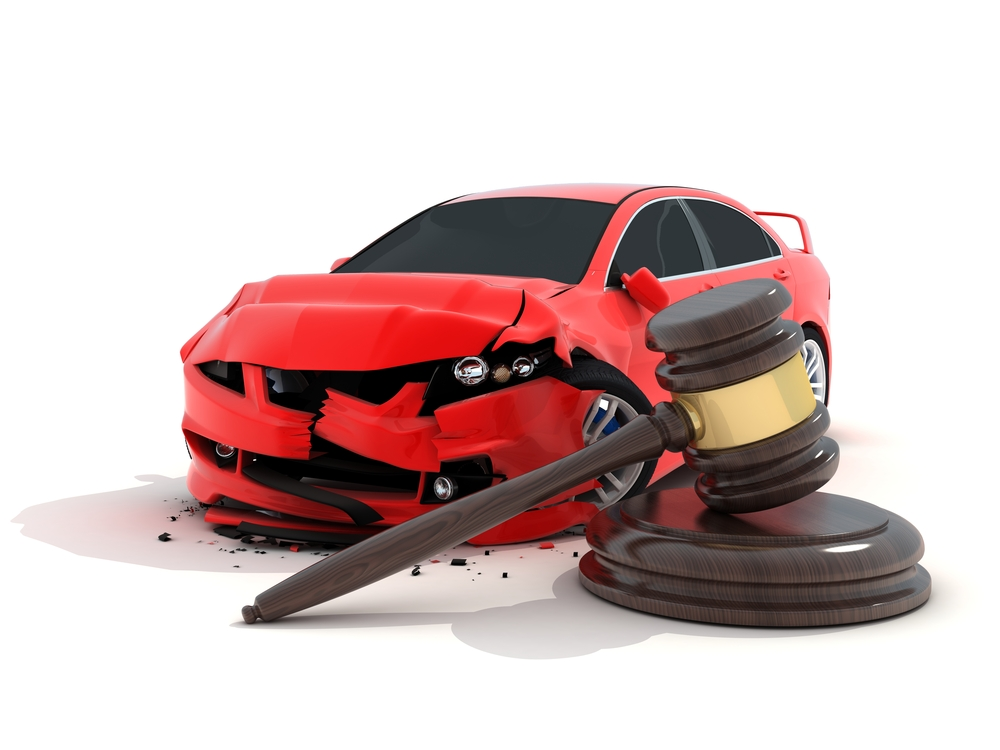If you were in a car accident or injured an injury lawyer in Houston, the Rule of Contriburity Negligence applies to your case. The contributory negligence rule states that you can’t hold anyone responsible for it if you contribute to your injury. In a pure contributory negligence system, if you’re even 1% at fault, you can’t collect any compensation from the person who’s 99% at fault. Even if you suffer hundreds of thousands of dollars in damages, if you’re found to have been negligent—even a little bit—you get nothing.
Under Common Law
This is under common law and is a centuries-old rule, but it remains in a handful of states.
Have you or a loved one recently experienced a physical injury, illness, or significant economic loss due to negligence? This is a personal injury, and you have the right to pursue compensation for your losses under Texas civil law. Navigating a personal injury claim can be difficult without reliable legal counsel from trustworthy and experienced injury lawyers.
1. Contributory Negligence
a. Standard of Care for Contributory Negligence
1) General Rule: The required standard of care is the same as that of ordinary negligence.
2) A plaintiff may take extraordinary risks when attempting a rescue without being considered contributorily negligent. The emergency is one of the factors taken into account when evaluating the plaintiff’s conduct.

3) Remaining in Danger It may be negligent to fail to remove oneself from danger, e. g., remaining in a car with a drunk driver.
4) His violation of a statute may establish a breach of Statute by Plaintiff’s contributory negligence under the same rules that govern whether a law can prove the defendant’s negligence (see B. 3. e., supra).
5) As a Defense to Violation of Statute by Defendant, Contributory negligence is ordinarily a defense to negligence proved by the defendant’s violation of an applicable statute. But where the defendant’s negligence arose from a breach of a law designed to protect this particular class of plaintiffs from their incapacity and lack of judgment, the plaintiff’s contributory negligence is not a defense.

b. Avoidable Consequences Distinguished
As we have seen, the plaintiff owes a duty to mitigate damages to a person. Or property after the damage is inflicted. If he does not correctly do this, then damages will be reduced.
c. No Defense to Intentional Torts
Contributory negligence is never a defense to an action for an intentional tort. Or willful or wanton misconduct d. Effect of Contributory Negligence
d. At common law
the plaintiff’s contributory negligence completely barred his right to recover. This was so even though the degree of the defendant’s negligence was much greater than that of the plaintiff. The severe consequences of applying contributory negligence rules initially caused courts to develop “escape” doctrines. And as such, the last clear chance. However, most jurisdictions have rejected the “all or nothing” approach of contributory negligence in favor of a comparative negligence system.
Click HERE to see our Facebook Page.

